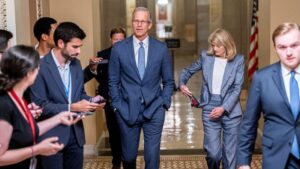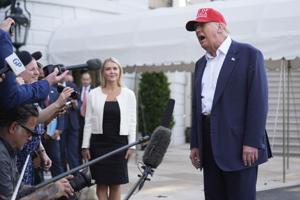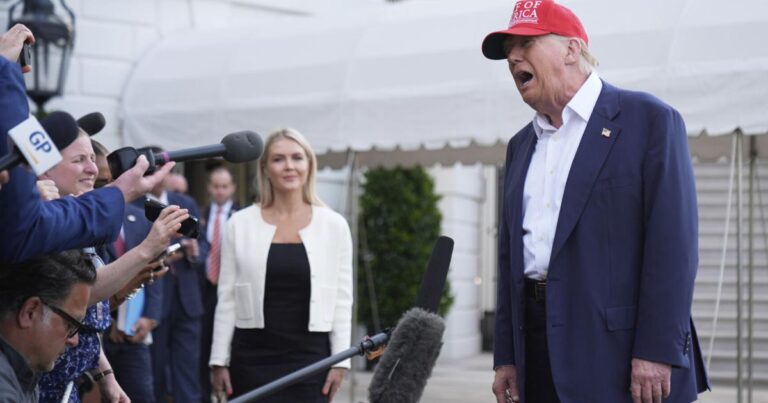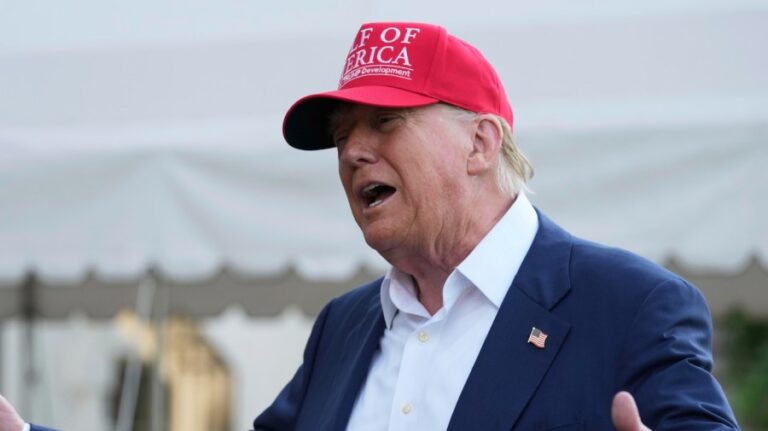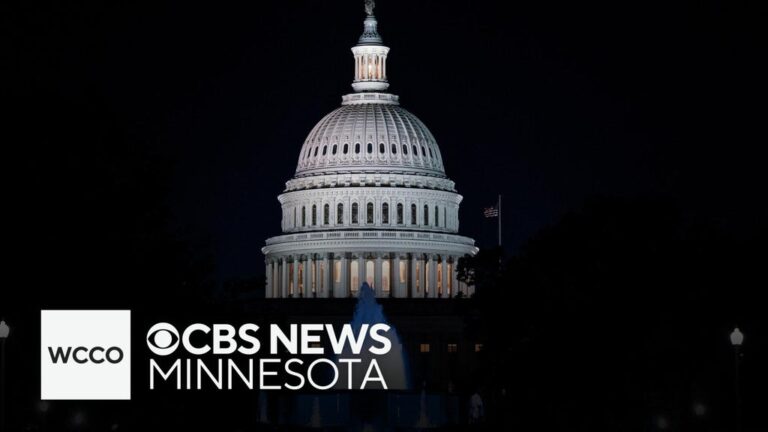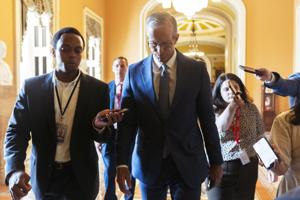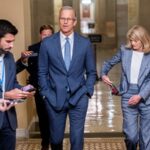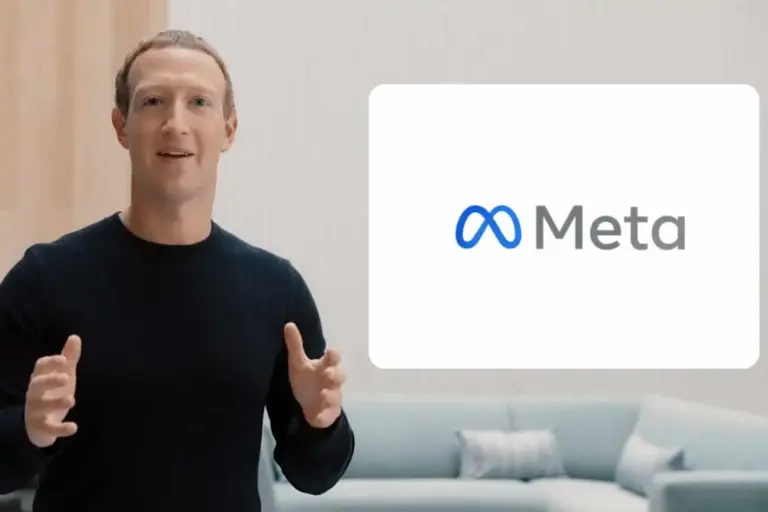In the wake of Anthony Watts’ commentary on the “No Kings” protests, a broader discussion has emerged regarding the fundamental right to protest and its implications in contemporary society. The protests, which have been characterized by some as a display of historical ignorance, actually stem from deeper concerns about executive overreach and a perceived lack of accountability among elected officials.
The “No Kings” movement, far from being a critique of historical monarchy, is a response to what many see as the erosion of democratic principles in today’s political landscape. Participants argue that their actions are a necessary expression of dissent, a vital component of any healthy democracy.
Understanding the Core Issues
At the heart of the “No Kings” protests is a fear that unchecked power could lead to the dismantling of democratic norms. This sentiment is shared by many who feel that their voices are not being heard in the current political climate. The protests are not merely about historical grievances but are a reflection of contemporary anxieties about governance and representation.
Critics like Watts suggest that the protests are orchestrated events, lacking genuine grassroots support. However, this perspective overlooks the genuine concerns of many participants who are deeply troubled by the trends they observe in government. Dismissing these concerns as unfounded or financially motivated fails to acknowledge the sincere dissatisfaction felt by many citizens.
The Role of Protest in Democracy
Protests have long been a cornerstone of democratic societies, serving as a means for individuals to express dissent and demand change. The “No Kings” movement is a modern embodiment of this tradition, highlighting the importance of holding leaders accountable and ensuring that democratic principles are upheld.
Historically, protests have played a crucial role in shaping policy and influencing public opinion. From the civil rights movement to more recent demonstrations for climate action, the power of protest lies in its ability to bring attention to important issues and galvanize public support.
Expert Opinions and Historical Context
According to Dr. Emily Carter, a political science professor at the University of California, “The right to protest is enshrined in our democratic framework because it allows citizens to express their grievances and push for change. Movements like ‘No Kings’ are essential in reminding us of the need for accountability and transparency in governance.”
Historically, similar movements have emerged during times of political unrest or perceived overreach. The “No Kings” protests echo past movements that have sought to challenge the status quo and demand greater accountability from those in power.
Looking Forward: The Impact of “No Kings”
The “No Kings” protests, while controversial, underscore the ongoing debate about the balance of power and the role of citizen engagement in a democracy. As the movement continues to gain traction, it raises important questions about how democratic societies can best address the concerns of their citizens and ensure that all voices are heard.
As David Aust from Chico eloquently stated, “The protests may seem misguided to some, but they are a necessary part of maintaining a healthy democracy, and the calls for accountability should not be dismissed or ridiculed.”
Moving forward, it is crucial for both policymakers and the public to engage in constructive dialogue about the issues raised by the “No Kings” movement. Only through open discussion and a willingness to listen can democratic societies hope to address the challenges they face and uphold the principles upon which they are built.

